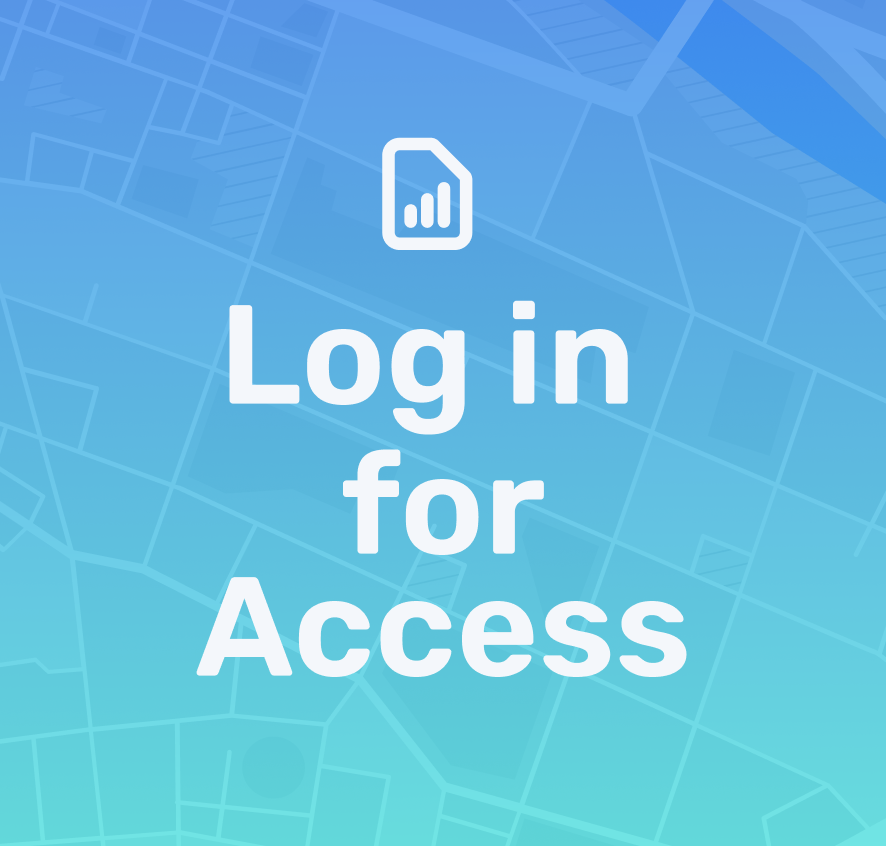Maine announces interest form for its Connectivity Hubs program
February 07, 2024
BEAD: $272 M
Treasury Capital Projects Fund: $128.2 M
Broadband Office Name:
Maine Connectivity Authority
Gov. Janet Mills announced the state would allocate $128 million of its American Rescue Plan funds to expand access to broadband.
The funds will be managed by the newly-created Maine Connectivity Authority (MCA),and disbursed by ConnectMaine. The state’s goal is to connect “95 percent of potential subscriber locations by 2025.”
The organization of the two bodies will be decided in the summer of 2022. See this entry for more information on Maine's broadband activities as of late January 2022.
The MCA works to achieve three goals:
1.) That effective, accessible connectivity be universally available in the state 2.) that there be secure, affordable, reliable, competitive, sustainable and forward-looking infrastructure that can meet future needs 3.) that all residents, businesses and institutions in Maine be able to take full advantage of the economic, health, educational and other opportunities available through connectivity services.”
But before we discover how these goals are met we must understand what the MCA is.
Founded in 2021, the MCA was conceived through bipartisan legislation. Andrew Butcher, President of MCA, says the intent of the organization is to “ enable more flexibility in planning, developing, investing, and supporting broadband deployment throughout the state.”
Furthermore, MCA is the organization that will receive and manage all federal broadband funding — a sum estimated to be at least $250 million dollars over the next several years.
That said, that complete amount of money is not currently available to the public. What will be available in 2020 is the first round of allocated money. This funding is currently in the process of being distributed by MCA in collaboration with ConnectMaine.
Similar to the MCA, the ConnectMaine Authority, aims to provide better broadband to the people of Maine.
ConnectMaine encourages partnerships between community leaders and service providers for projects that plan to benefit the community at large. The application does make it clear that applicants in underserved or unserved communities will be granted first priority when overlooking applications.
The website also provides potential applicants with all the resources needed to understand how to apply including the list of application materials and the grant program’s “objective and framework” document.
There is also a link to the ConnectMaine Authority Statute and Rules, which must be understood prior to application submission.
Furthermore, the website provides access to tutorials for both registration and grant applications. The latter also provides applicants with a pdf that will help during the actual application progress.
With Maine ranked as the 45th state in providing internet access to its community, there is definitely work to be done. That said, Butcher is committed and confident to the cause. “Exciting things are happening here in Maine,” he says.
For the latest updates on Maine, check out Broadband.money's Maine community channel.








